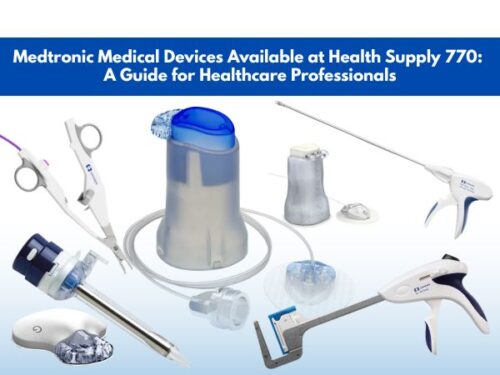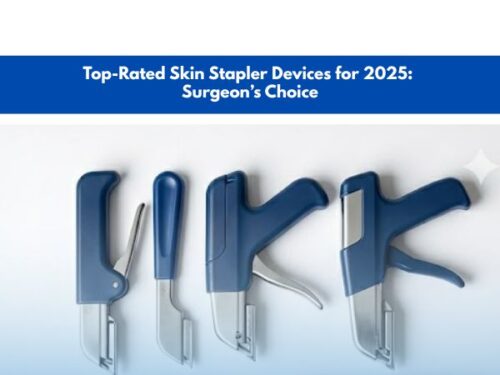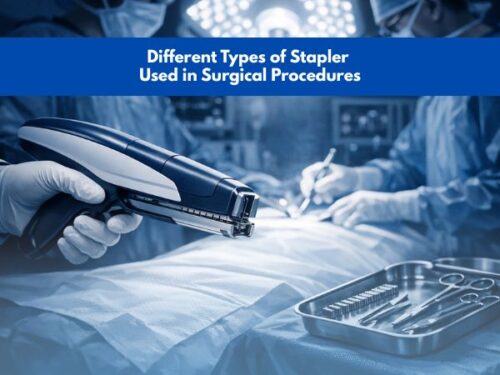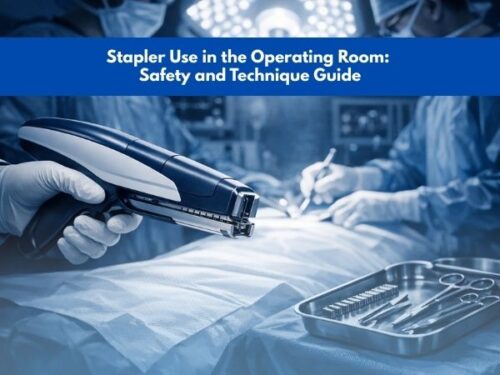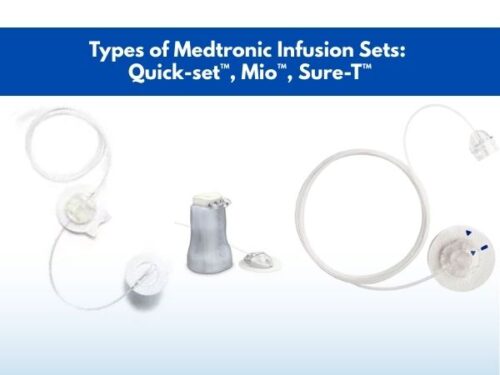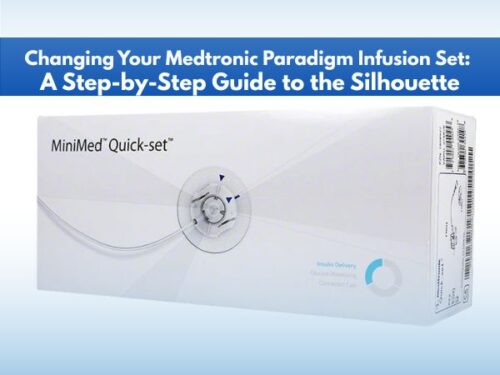How to Choose the Best Eye Protection for Your Job?
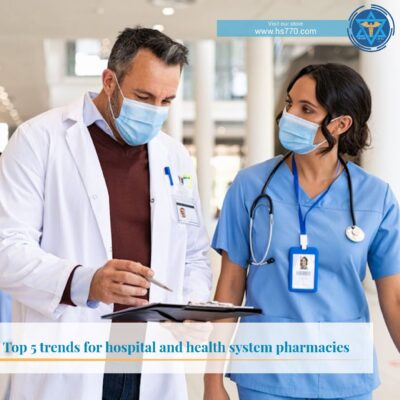
Eye injuries are prevalent in the workplace, and can occur in various ways. Flying debris, chemicals, and even dust can cause damage to your eyes. It is important to wear the proper eye protection for your job to reduce the risk of injury.
There are a few things to consider when choosing the best eye protection for your job. The first is the type of hazard you will be exposed to. If you will be working with chemicals or flying debris, you will need different protection than if you are working with dust or heat.
Once you have considered the type of hazard, you need to choose the right style of eye protection. There are many different styles available, from safety glasses and goggles to full-face shields. You need to make sure that the eye protection you choose fits well and does not obstruct your vision.
Hazard Assessment for Eye Protection
OSHA offers guidance for both the supplementary PPE hazard analysis and work hazard analysis. This analysis focuses on the tools required to carry out all job-related duties in a safe manner. Consider these inquiries when you assess your requirement for protective eyewear on the job site:
- Describe the task.
- What risks to the eyes are there?
- What forms of defense are effective against those risks?
- Are there requirements for protective eyewear needs to meet?
What are the Different Types of Eye Protection?
There are a few different types of eye protection available on the market, each designed for specific purposes. Here is a quick rundown of the most popular types:
-
Safety Glasses:
Safety glasses are designed to protect your eyes from flying debris, dust, and other potential hazards. They are typically made from shatter-resistant polycarbonate or acrylic and have side shields to keep things from getting in from the sides.
-
Safety Goggles:
Goggles provide full coverage of your eyes and surrounding area, making them ideal for work environments where there is a lot of dust or chemicals present. Like safety glasses, they are usually made from shatter-resistant materials and have side shields to keep unwanted particles out.
-
UV Protection Glasses:
UV radiation is effectively blocked by a UV coating on your clear lenses. Although most UV light is blocked by standard plastic eyeglass lenses, you are completely shielded if you add this UV-blocking dye to your lenses.
- Face Shields:
Face shields offer the same level of protection as goggles, but with the added benefit of being able to wear them over prescription glasses or sunglasses. They also tend to be less bulky and more comfortable to wear for extended periods of time.
Now that you know the different types of eye protection available, you can start narrowing down your options to find the best fit for your needs.
How to Properly Care for your Eye Protection?
When protecting your eyesight, there is no such thing as being too careful. That’s why it’s important to choose the right eye protection for your job and to make sure that you care for it properly.
Here are some tips on how to properly care for your eye protection:
- Inspect your protective eyewear regularly.
Check for any cracks, breaks, or other damage. If you find any damage, replace your eye protection immediately.
- Keep your eye protection glasses clean.
Wipe down your glasses with a clean, soft cloth after each use. Be sure to follow the manufacturer’s instructions for cleaning and storing your eye protection.
- Store your eye protection properly.
When not in use, store your eye protection in a clean, dry place out of direct sunlight. This will help keep the lenses from becoming scratched or damaged.
Conclusion
In conclusion, you should base your decisions on the type of protection you’ll need for your specific job. The best eye protection is the one that fits your lifestyle and needs. Additionally, seek information from your employer and from safety organizations to determine what types of eye protection are best suited for each of your work environments – and don’t forget to wear them.
FAQs
What PPE is the best to use to protect eyes?
OSHA requires that workers wear appropriate PPE while handling chemicals. The appropriate PPE will depend on what chemical is encountered; however, OSHA recommends one of the following PPE: Chemical splash/splash goggles, Chemical splash/splash/dust masks, Chemical splash/splash/dust/gas/vapor/mist/respirator, and Electrical hazard: PPE for workers exposed to high voltages.
What is the OSHA standard for eye protection?
OSHA requires that employers make sure that everyone working there is safe. When it is important to protect against chemical, environmental, radioactive, or mechanical irritants and risks, eye and face protection must be supplied.
What is the most basic protection against eye injuries?
Goggles : Protection against collision, dust, and chemical splash is provided by goggles. Safety goggles are incredibly impact-resistant, just like safety glasses. They also offer a safety shield over the entire eye and safeguard against dangers coming from all sides.
Do safety glasses damage your eyesight?
No, wearing safety eyewear cannot impair your vision, to put it simply. However, it may be the cause of certain aches and pains, including headaches and eye tiredness, which may then affect compliance and safety.
How long should you wear safety glasses?
When working in or around situations and tasks that frequently result in eye injuries, you should wear safety eyewear. This calls for the use of safety eyewear while performing or being near hazardous tasks and environments.
